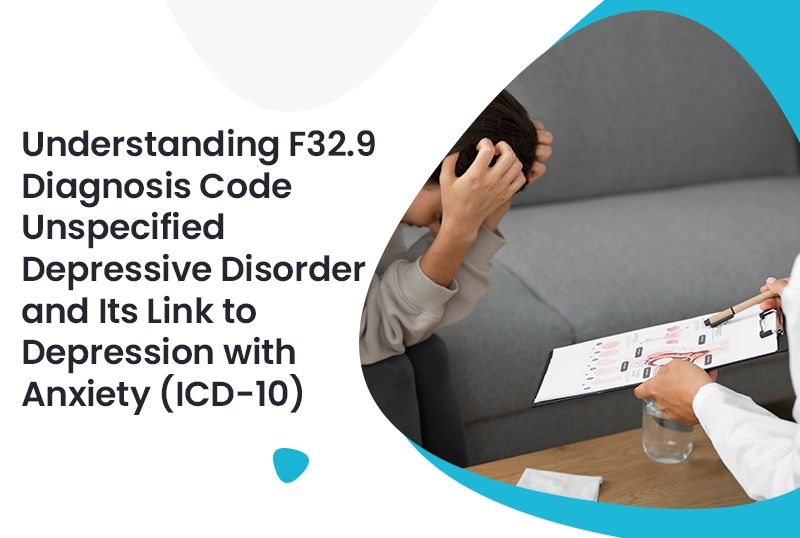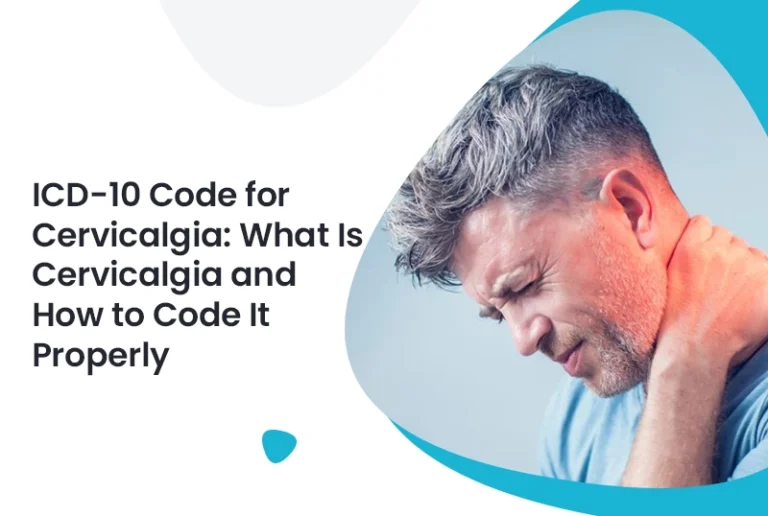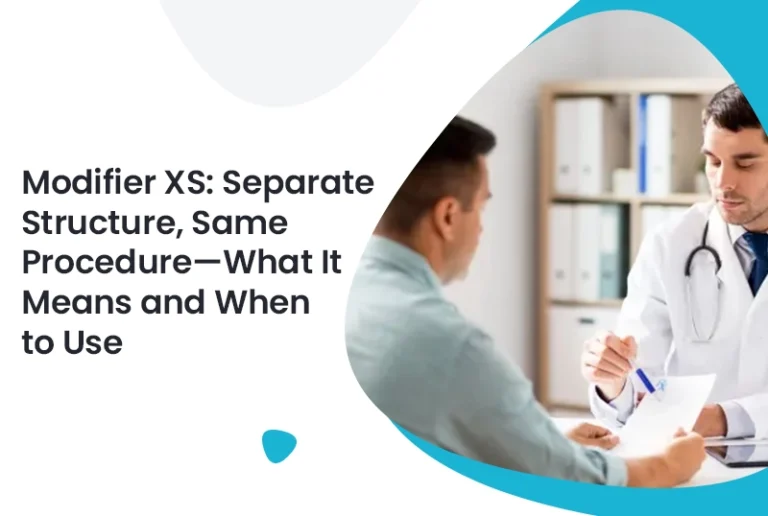Sometimes, people feel down or depressed, but their symptoms don’t fit perfectly into a specific type of depression. That’s where the F32.9 diagnosis code comes in. It’s a medical code doctors use when someone has depression, but it’s not clear exactly what kind.
This code helps doctors keep track of your condition and makes sure you get the right treatment. It’s also important for billing insurance companies correctly so doctors can get paid for their work without problems.
If you go to a doctor or clinic, they might work with a medical billing service, a team that helps make sure the right codes, like F32.9 are used so insurance claims go through smoothly.
Why Does the F32.9 Code Matter?
Here’s why this code is important for both patients and doctors:
- Clear Diagnosis: It helps doctors describe your depression properly, even if it’s not a specific type.
- Faster Payments: Using the right code means doctors get paid on time, which helps keep the clinic running.
- Insurance Coverage: It makes it more likely that your treatment will be covered by your insurance.
Using this code correctly means you get the care you need, and doctors don’t face delays or confusion when billing insurance.
A Real-Life Example
A mental health clinic was having trouble getting paid because they weren’t always using the right codes for depression. Many insurance claims were denied or delayed.
They teamed up with a medical billing company that specializes in mental health. This company helped the clinic improve how it documents and codes depression cases using the F32.9 code properly.
As a result, the clinic’s rejected claims dropped by 35%, and payments came faster. This lets the clinic spend more time and money helping patients instead of dealing with billing problems.
Common Mistakes to Avoid
Here are some mistakes that can cause problems with the F32.9 code:
- Misuse of the Code:
Only use F32.9 for unspecified depressive disorder. Applying it to other depression types or anxiety disorders can spell trouble for your claims. - Insufficient Documentation:
If you don’t clearly document symptoms and treatment, you risk claim rejections. Insurers want details give them a clear clinical picture. - Failure to Verify Insurance Coverage:
Always double-check that the patient’s insurance covers treatments related to F32.9. It’s better to catch gaps early than to surprise your patient later.
How Doctors Should Use the F32.9 Code
To avoid billing problems, doctors should:
- Accurate Diagnosis:
Confirm the patient’s condition fits unspecified depressive disorder. Don’t guess document. - Thorough Documentation:
Record all symptoms, history, and treatment plans. This supports your coding and helps justify the claim. - Verify Insurance Coverage:
Call the insurer or check online portals to confirm coverage for depression-related care. - Timely Claims Submission:
Don’t let paperwork pile up. Submit claims quickly to keep payments flowing and avoid rejections due to timing.
Why Coding Matters
Medical coding is how doctors translate your health condition into codes like F32.9 for insurance purposes.
When coding is done right:
- Insurance claims get processed faster.
- There’s less confusion between doctors and insurance companies.
- Doctors get paid quicker, so they can focus on caring for you.
Keeping the Clinic Running Smoothly
Good billing practices and managing the money side of healthcare revenue cycle management help clinics stay open and provide quality care.
When everything is done right from coding to billing clinics get paid on time and can spend more time helping patients.
In Conclusion
The F32.9 diagnosis code might sound complicated, but it’s just a way to make sure people with depression get the right care and doctors get paid properly.
If you or someone you know is dealing with depression, it’s good to know that behind the scenes, systems and experts are working to make sure treatment and billing go smoothly.
For official info, you can visit the CMS ICD-10-CM Official Guidelines.
Frequently Asked Questions
Q: What does F32.9 mean?
It means unspecified depression when depression is diagnosed but doesn’t fit a specific type.
Q: Why is this code important for billing?
It helps doctors get paid for treating depression, so they can keep providing care.
Q: What is medical coding?
It’s the process of turning your diagnosis into codes that insurance companies understand.
Q: What is revenue cycle management?
It’s how clinics manage billing and payments to ensure smooth operations.
Q: How do medical billing services help?
They ensure that the correct codes are used and claims are submitted accurately, allowing doctors to receive payment more quickly.






